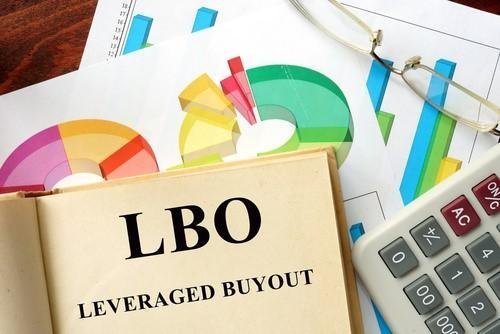Before going into some detail about the various asset valuation methods, it will be relevant to know some of the usual reasons for carrying out this exercise. The most common one is when businesses are sold and ownership changes hands. As an owner, you might be retiring from business due to failing health, divorce or other family compulsions and you would want to know the value of your business to get a fair price. Another motive might be that you have to raise debt or equity financing to meet sudden cash flow requirements or expansion. In this case, potential investors will first want to verify the worth of your business. You might also want to take partners on board or add shareholders in which case the value of a share needs to be accurately determined.

Regardless of the company valuation methods calculation that you may choose, the true value of your business depends on a number of extraneous factors that may not be connected directly with your business. These range from the current state of the economy to the value of other businesses of similar nature operating in your area. For example business valuation in San Francisco for your industry will be largely determined by the selling price of previous sales of similar type of business in the area.
 One of the crucial things that should be kept in mind is that you should not value your own business but instead hire a professional firm to do it for you. The reason for this is that it will not be possible for you to objectively put a value on your own business. You will not have the necessary expertise or distance to step back and get an unbiased view. Hence, it is advisable to get the valuation done by an expert Certified Valuation Analyst (CVA) or the equivalent in your location.
One of the crucial things that should be kept in mind is that you should not value your own business but instead hire a professional firm to do it for you. The reason for this is that it will not be possible for you to objectively put a value on your own business. You will not have the necessary expertise or distance to step back and get an unbiased view. Hence, it is advisable to get the valuation done by an expert Certified Valuation Analyst (CVA) or the equivalent in your location.
For instance, if you are looking for business valuation in California, get in touch with us at HP Accounting. We are a CPA and a business valuation firm providing intangible asset valuation, dealing with issues involving litigation and clients’ compliance with IRC 409A and SFAS 123(R) rules. We use a variety of business valuation methods to assess the fair price of your business.
-
Asset Based Method – Basically, this entails totaling up all the investments in business. One is the net asset valuation method where the value of net balance sheet value of assets is subtracted from the net value of liabilities. The second is the liquidation asset based method that estimates the net cash that would remain if all assets were sold and liabilities adjusted from the proceeds. This approach is suitable for corporation valuation where all assets are held in the name of a company but not for sole proprietorship concerns where separating assets held in owner’s name for personal or business use may be difficult.
-
Earning value method – Here, we estimate future cash flow levels of the company based on past earnings, take into account unusual revenue and expenses and then multiply the normal cash flow estimates by a capitalization factor. Somewhat similar is the discounted future earnings method where the trend of future expected earnings is divided by the capitalization factor.
-
Market value method – This is done by comparing the value of your business in terms of size, scale and facets like turnover, revenue and balance sheet parameters with other similar businesses recently sold in your location. Here too, fixing the price of a sole proprietorship concern is difficult as public information is not easily available of prior sales.
Apart from these Business valuation methods, there is also another approach that falls within the gambit of corporate valuation methods. At HP Accounting we often have to use it on behalf of our clients when the need arises. It is known as the Leverage Buyout Analysis or LBO.

LBO method for business valuation is typically used by private equity firms who look to acquire companies at a low cost and then hope to sell them at a substantial profit in future. LBO firms generally minimize the quantum of their own investments in this acquisition and instead use as much as debt financing or borrowed capital. If the objectives of the LBO firm are met and the firm does makes a future profit, leveraging debt maximizes the returns for the investors.
However, we are very cautious in our approach and only take up LBO when market conditions are conducive to it. When the market is stagnant or the economy is in recession and in a tail spin, LBO is difficult to use. High interest rates, high credit spreads for High Yield Bonds and low capital markets activities are scenarios when we do not use this one of the many company valuation methods calculation.
Services offered by HP Accounting are not limited to business valuations in San Francisco, California where we are based. In fact we offer a wide range of accounting solutions to our clients. Some of the bookkeeping functions that clients outsource to us are business tax return preparation, all accounting functions, audit preparation and liaison, budgeting and personal financial statements. We also help businesses set up their own accounting infrastructure.
Our consultancy services have been greatly appreciated by our clients. These include Sarbanes Oxley compliance, audit preparation, software implementation, forensic accounting, M&A and public company reporting.
For all your requirements of accounting, valuation and consultation, get in touch with us at HP Accounting. We assure guaranteed solutions and optimized results.
